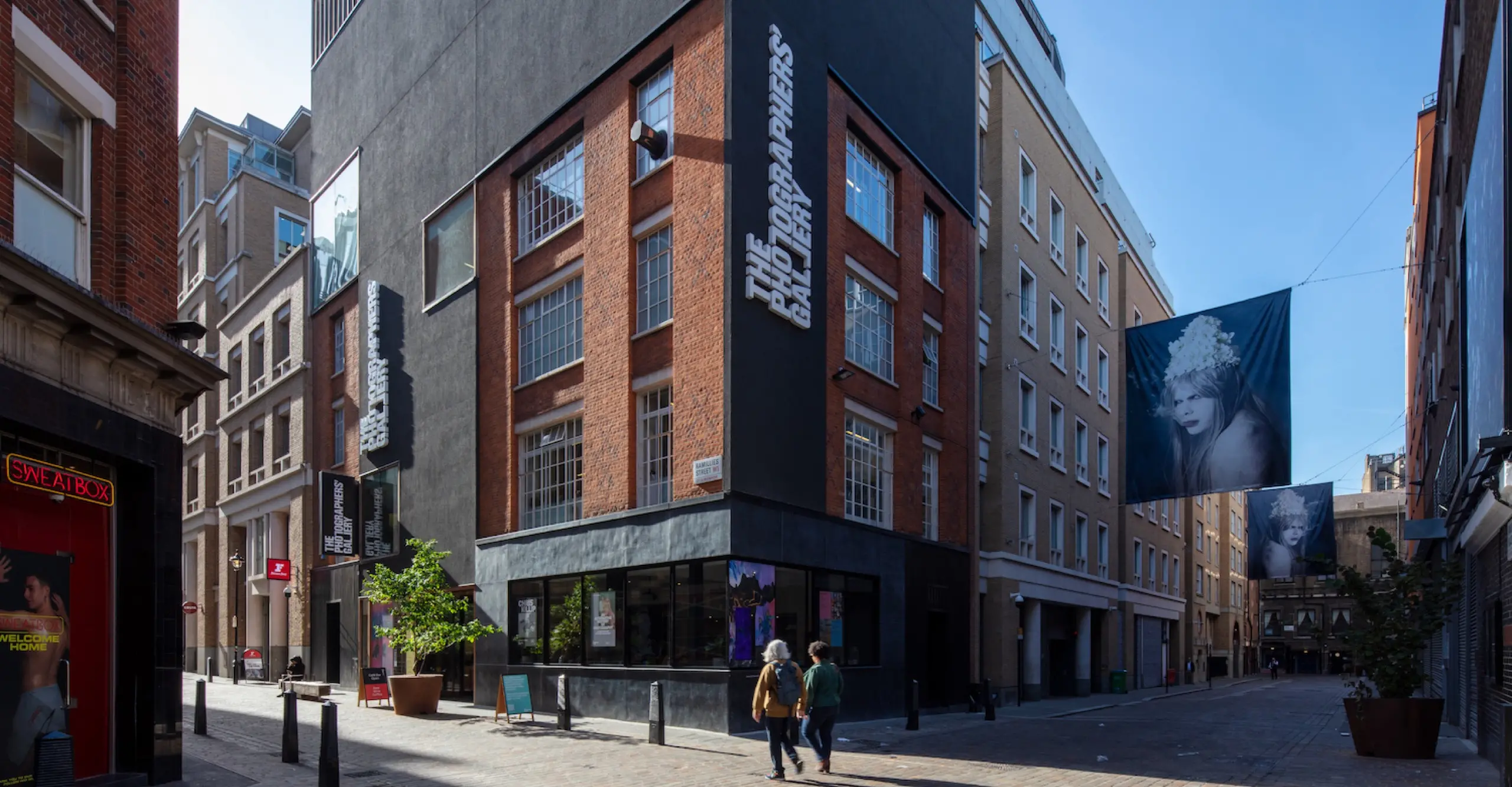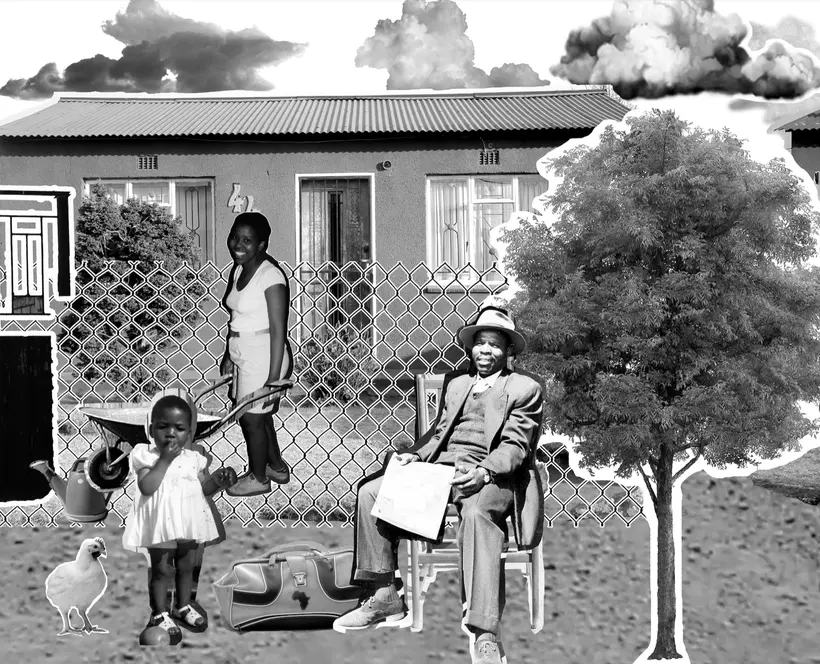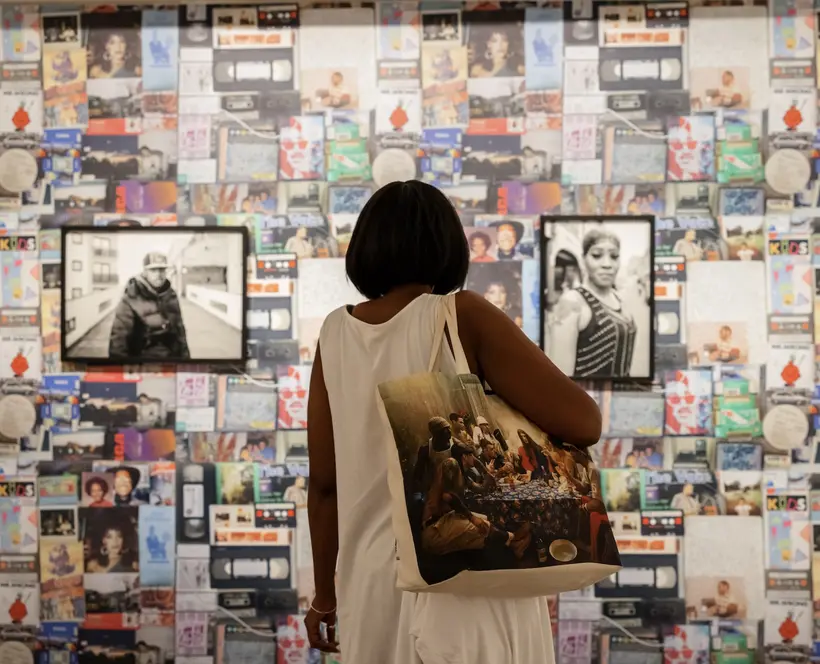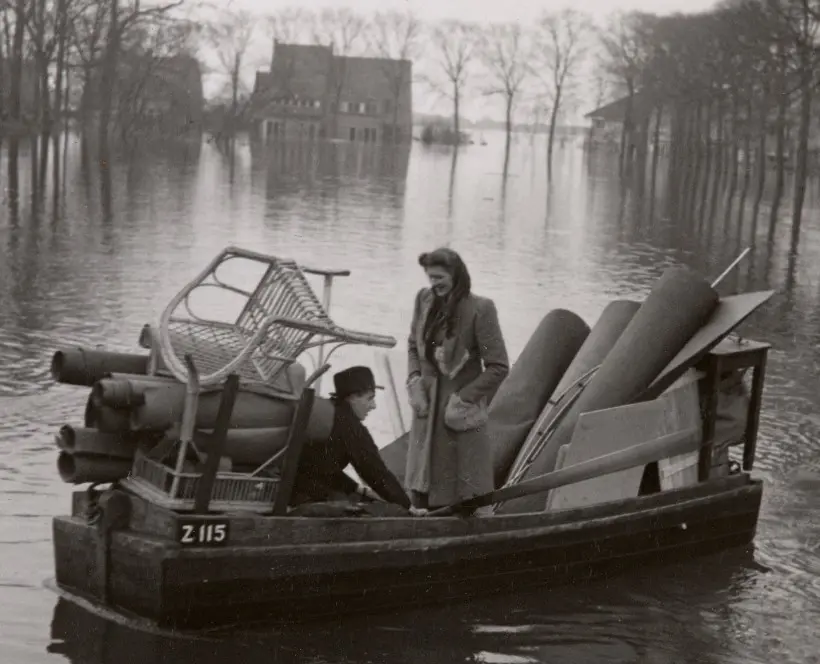Spanning eight weeks, this course introduces and explores key themes concerning the photographic sector now. From topics such as curatorial strategies, working with young people and the impact of digital, each session goes behind the scenes at The Photographers’ Gallery to consider what it means to present and work with photography in the 21st century.
Together we will think through the opportunities and obstacles of engaging with diverse photographic practices to push the boundaries of how we interpret the image.
Led by author, educator and photo-historian Dr Sara Dominici.
Format
Taking place weekly at the Gallery, sessions include a blend of lectures, visits to the Gallery, group discussions and presentations. Each week will feature guest contributions from TPG staff, photographers and artists.
Who is this for?
Open to all who are interested in photography and for those who want to gain a first-hand understanding of how museums and galleries influence the production, circulation and interpretation of photography today.
Produced in partnership with MA Museums, Galleries & Contemporary Culture at the University of Westminster
Schedule
Session 1 | Looking Back: Photography in Britain since the 1970s on Thu 1 Feb
In this first session we will reflect on the cultural and social conditions of the late 1960s to 1970s that led to the establishment of The Photographers’ Gallery – the UK’s first public gallery dedicated to photography – and consider how the photography sector has changed over this time. What can this history teach us about the role of photographic institutions today?
Session 2 | Inside Photographic Institutions Today on Thu 8 Feb
How are photographic institutions structured? How do teams work together to meet organisational aims and priorities? In this session we will look closer at the working culture of The Photographers’ Gallery – how does it differ from other photographic and cultural institutions? What are the opportunities and obstacles of working across multiple teams with various areas of expertise and experience?
Session 3 | The Business of Photography on Thu 15 Feb
This session focuses on the role of commercial galleries and art fairs in the field of photography. In what ways do they support photographers and the development of artistic practice? What impact do they have in engaging broader publics and deepening wider understanding of photography and its value to society?
Session 4 | The Networked Image on Thu 22 Feb
What is the role of ‘digital’ in an organisation dedicated to photography? This week looks beyond the photographic image to explore the implications of technological change on the production and circulation of the image.
Session 5 | Exhibiting Photography on Thu 7 Mar
What does the position of ‘curator’ entail? In this session we discuss the range of curatorial roles at TPG and in the photography sector more widely. As we consider the scope of its responsibilities, we will also look at how curatorial practices have changed in tandem with developments in contemporary art and photography.
Session 6 | Education and Engagement on Thu 14 Mar
Learning and audiences are central to the Gallery’s mission. This week looks at the ways audiences are considered from various departmental perspectives. How does The Photographers’ Gallery work to ensure an open exchange of ideas? What can we learn from our local and global communities? And what opportunities does partnering with other organisations offer for different understandings of the role of photography and the ways we engage with new audiences.
Session 7 | Communications and Archives on Thu 21 Mar
The Photographers’ Gallery is a complex public space that caters for a range of interests and needs. This session looks at the opportunities for further engagement created by the Communications team and the specific role the Archive has in preserving and making visible TPG’s activities.
Session 8 | Imagining Our Future on Thu 28 Mar
In our final session, we reflect on preceding weeks as we look forward. What opportunities and obstacles lie ahead for the arts industry? We will revisit and debate any issues and key questions about the responsibilities of The Photographers’ Gallery and the priorities for the sector in the future.
Biography
Author, educator and photo-historian Dr Sara Dominici is based at the University of Westminster, where she is the Course Leader for the MA in Art and Visual Culture, and the Course Co-Leader for the MAs Museums, Galleries, and Contemporary Culture, and Museums, Galleries, and Contemporary Culture with Professional Experience. Sara is the author of Reading the Travel Image (Routledge, 2018) and of numerous articles on the relationship between photography and modern vision, the role of the darkroom, transport technologies, the postal system, amateur communities of practice, and travel and leisure experiences more generally."
Bursaries
A number of partial bursaries covering 50 per cent of course fees will be awarded on a first come basis. Applicants who wish to be considered for a partial bursary should submit a statement (max. 500 words) to projects@tpg.org.uk, outlining how Inside Out: The Workings of a Photography Gallery would contribute to their professional development. Successful applicants will be notified within a week of submission.
We actively encourage applications from groups who are currently underrepresented in the cultural sector in the UK. This includes people who identify as D/deaf, disabled* and neurodivergent; those with caring responsibilities; candidates from Black, Asian and ethnically diverse backgrounds; and arts and culture professionals whose career development has been negatively impacted by Covid-19, prioritising independent artists, freelancers and those made redundant/at risk of redundancy since 2020.
*The Equality Act 2010 defines a disabled person as someone who has a physical or mental impairment, and the impairment has a substantial and long-term adverse effect on their ability to carry out normal day-to-day activities. Sharing that you are disabled will not be used in any way in judging the quality of your application.
Details on how to access this event will be confirmed upon registration. Please check your junk folders if you haven't received an email from TPG staff confirming your place.
Ticketing
By booking for this event you agree to our Terms & Conditions.




